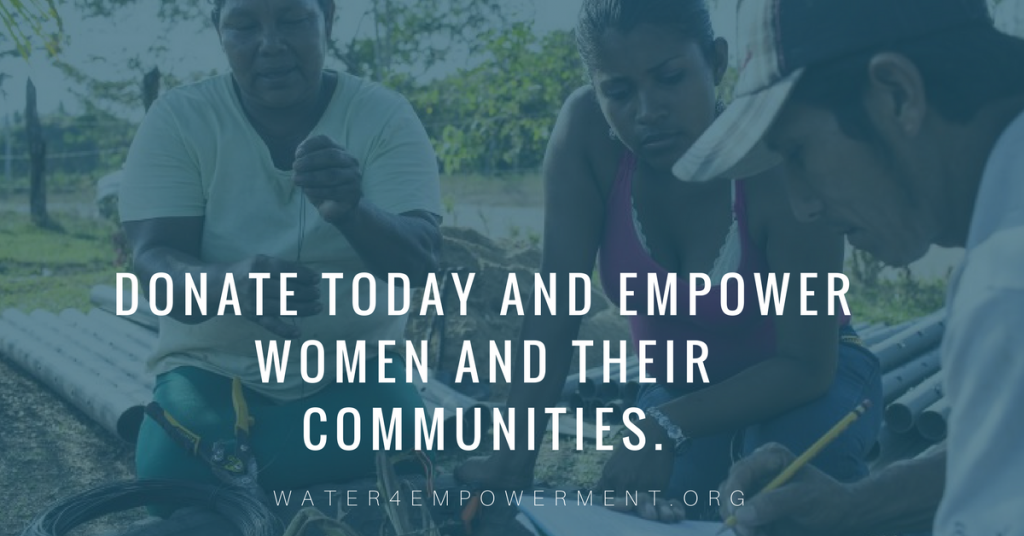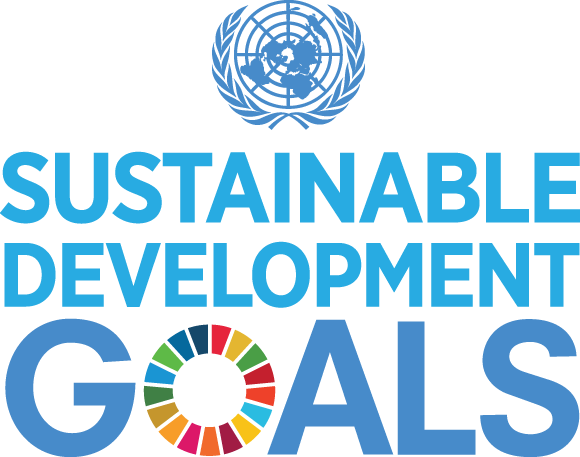Last Saturday, Indianapolis community members gathered to raise over $25K during the second annual Water for Empowerment (W4E) fundraising event. Volunteer board members, community activists, and local business leaders enjoyed a Latin-infused evening in the recently renovated headquarters of event sponsor and environmental consulting firm, EnviroForensics Environmental Consultants]. W4E will donate all proceeds to a WaterAid Initiative that supports a micro-enterprises project in northern Nicaragua, in an area called the Mosquito Coast.
W4E volunteer event organizers timed the fundraiser just days before the UN’s annual World Water Day, celebrated around the globe this week. In the weeks leading up to World Water Day, and as part of the organization’s continuing effort, W4E maintains a very specific mission: To raise awareness of the clean water global crisis while raising life-saving funds and donating environmental expertise.
Guests enjoyed Jazz Kitchen artists Pavel Polanco & Direct Contact, including Raul Padro on drums and conga. A vibrant Nicaraguan market opened the event where guests shopped on handmade accessories, home goods, and more. Indianapolis local businesses, Artisan Foodworks and Crossroads Vintners, provided dinner and dessert. The night closed with Latin Dancing and a Two Deep Brewery After Party with DJ Camaron Electronico. The event was held at 825 N. Capitol Avenue in the Central Business District in the new EnviroForensics mixed-use headquarters built by Platinum Sponsor of the evening, Brandt Construction. Gold sponsors include IceMiller LLC and EnvisionAir.
Water for Empowerment is in the second year of a three-year partnership with WaterAid America to raise $90,000 for the micro-enterprise project. The 2017 goal is to raise $30,000 to $50,000 with matching dollars available after $40,000; Thus, the organization is continuing to fundraise to meet and exceed this goal.
Board President and Co-Founder Dawn Sandoe remarks, “The event was a blast and we were able to raise awareness within our community and gather with individuals who share a passion for empowering women and contributing to positive solutions that address the clean water global crisis. We have more to raise and will continue to inspire our local community to think more globally in order to meet our goals and help women and their communities.”
Images from the event can be viewed on the Water for Empowerment Facebook Page.
The founders and volunteers of Water for Empowerment seek to raise funds for global clean water initiatives that work to eliminate water-borne illnesses, provide access to clean water, and empower girls and women as agents for change within the family and community. The organization, along with the world community, has found that providing girls and women with education and opportunities for advancement can save whole communities. Water for Empowerment is most specifically focused on fundraising efforts and water technology support for projects that provide education and training for girls.
Today, 800,000 Nicaraguans struggle to survive without clean water and 2 million still need adequate sanitation. The WaterAid micro-enterprises program trains young women, ages 16 to 30, in simple and effective clean water technologies, in addition to hygiene education, water filtration, hand pump repair, and construction of water wells, water catchment tanks, and latrines. Trained as entrepreneurs and crew chiefs, young women become empowered as change agents for their communities with transformative effects.
Sandoe comments, “As we continue in 2017, we will keep the message and momentum for change and innovation at the forefront of our efforts. We’ll draw special attention to promoting the United Nations’ seventeen goals to eradicate poverty by 2030—most specifically ‘Goal #6’, which aims to improve clean water access and sanitation.”
W4E, along with a number of impactful organizations, contends that clean water projects lead to a path to safety, education, and empowerment for girls. The responsibility of girls worldwide to walk miles every day to fetch water keeps them out of the educational cycle and devalues them for the entirety of their lives.”
To help us reach our goal, donate now!







